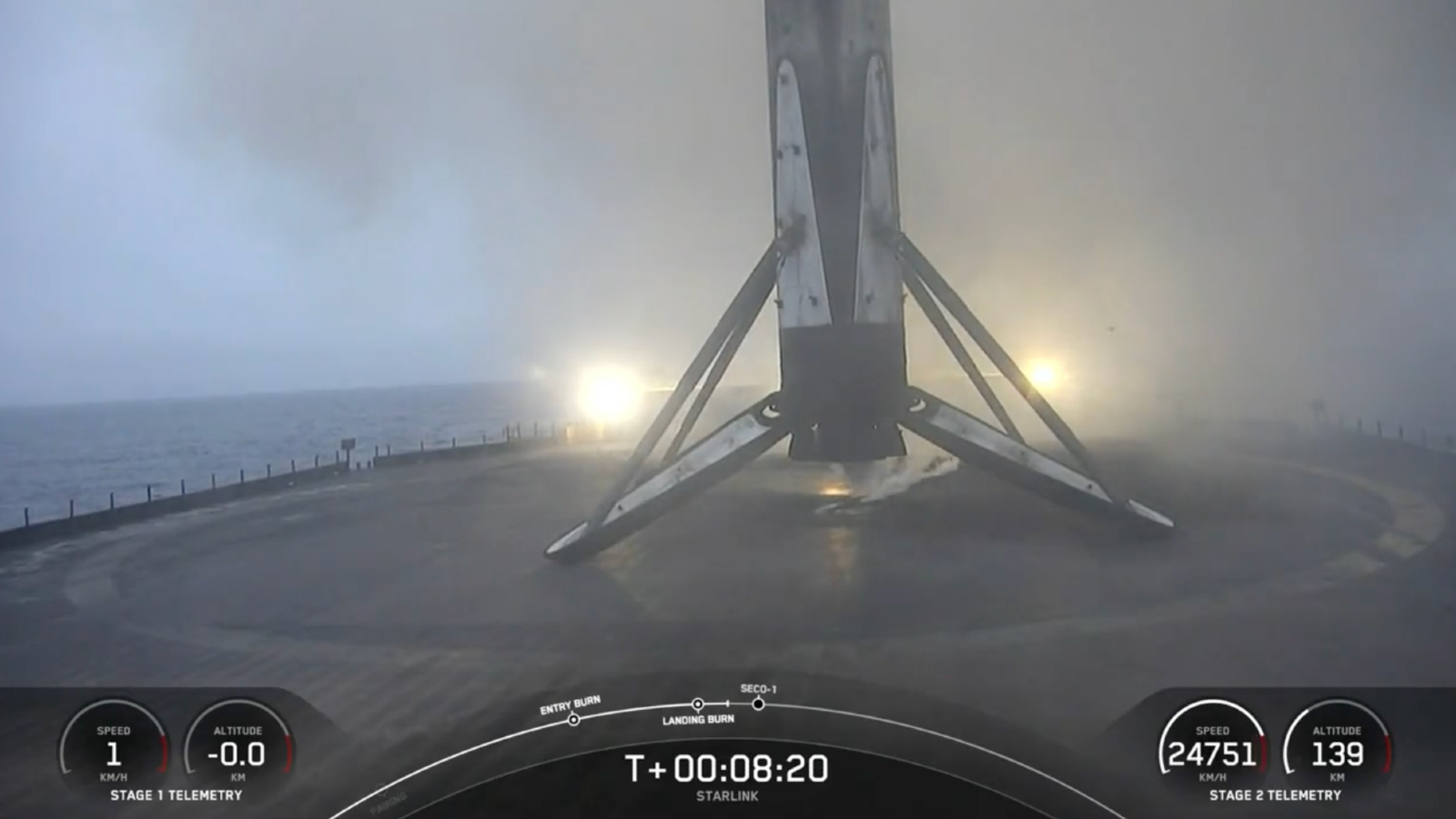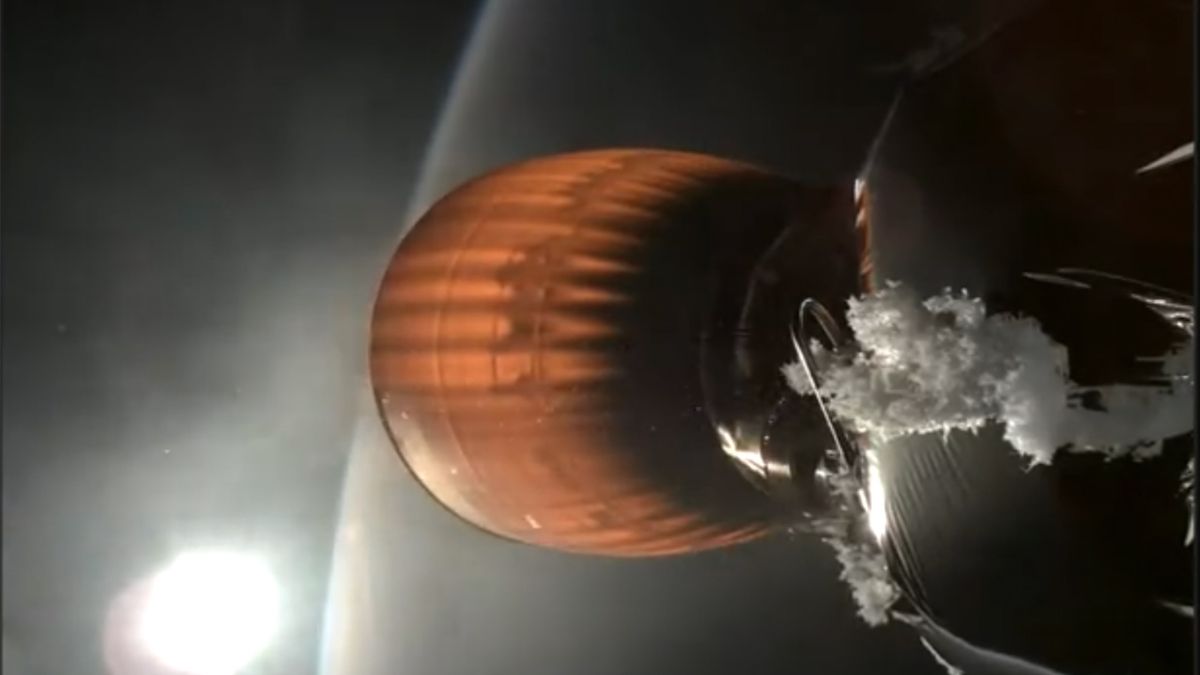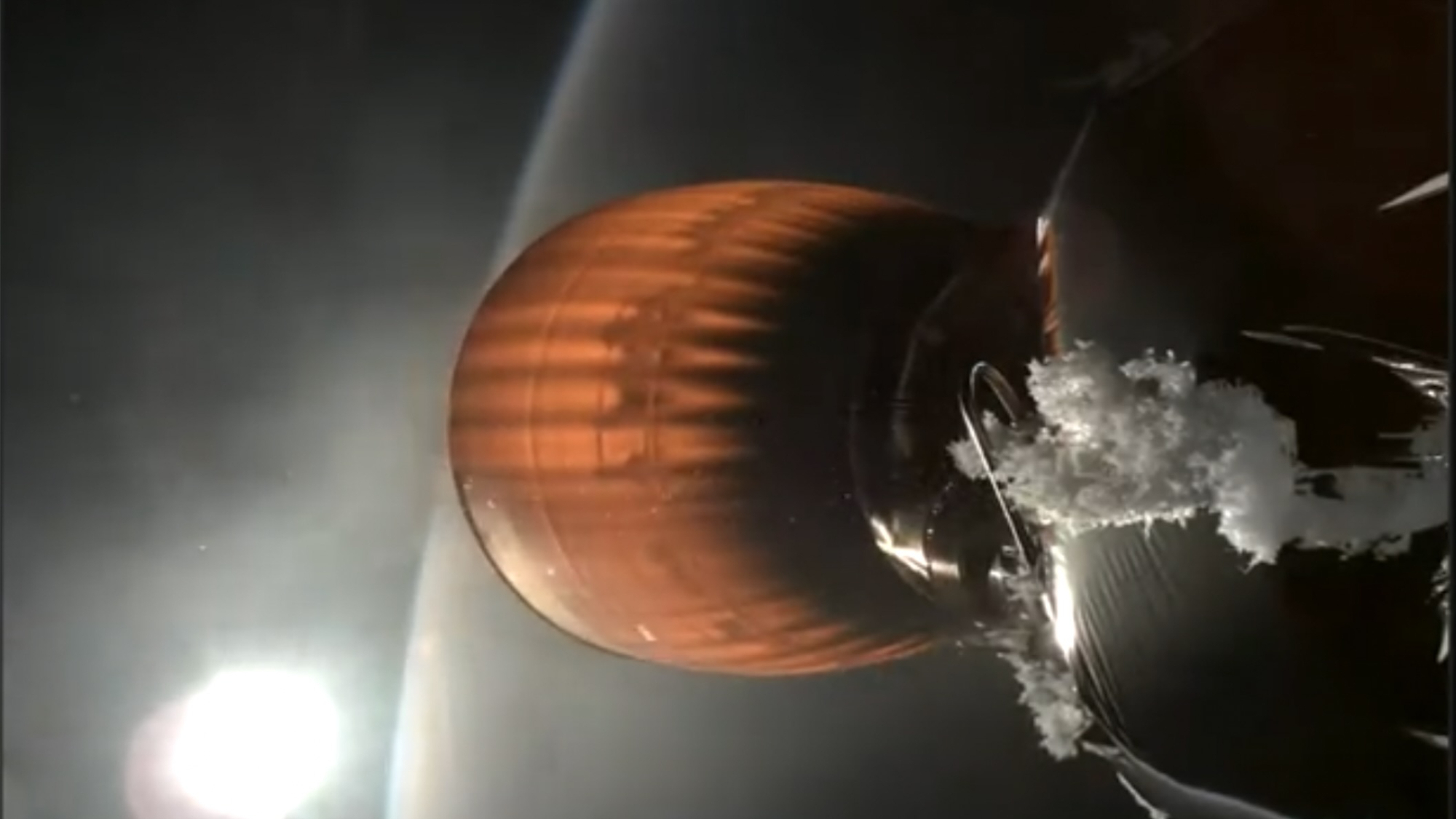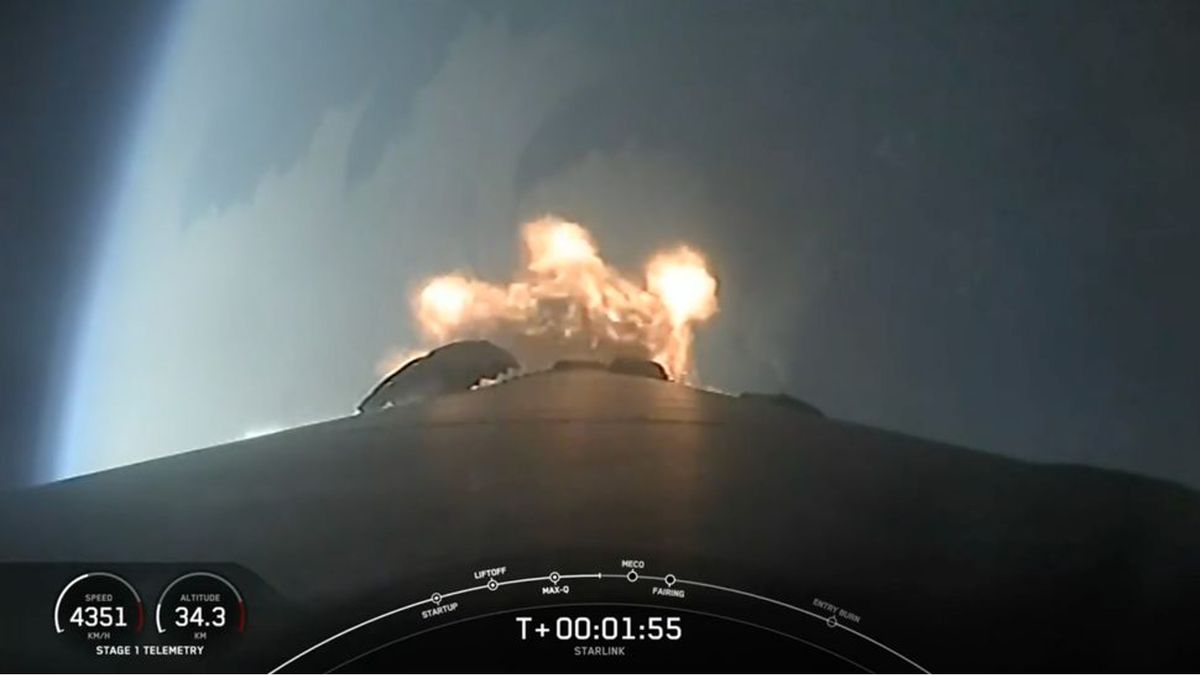
On July 11, 2024, SpaceX experienced an unexpected incident during the launch of a Falcon 9 rocket carrying Starlink satellites. The second stage of the rocket suffered a liquid oxygen leak, leading to an engine anomaly and the premature deployment of its payload. As a result, all 20 Starlink satellites were lost and burned up in Earth's atmosphere.
Gen. Stephen Whiting, Commander of U.S. Space Command, expressed confidence that SpaceX would quickly resolve the issue and return to flight operations.
The Federal Aviation Administration (FAA) is currently reviewing SpaceX's request to resume launches while the investigation into the cause of the anomaly continues. The FAA is committed to ensuring public safety during commercial space transportation launch and reentry operations.
SpaceX has launched 'hundreds of times' and has maintained its dominance in the launch industry. The company is expected to figure out what went wrong with this particular mission and implement corrective measures.
The failure marked a rare setback for SpaceX, which had enjoyed an impressive run of successful launches prior to this incident. However, it did not pose a threat to other satellites or public safety as all 20 Starlink satellites burned up harmlessly in the upper atmosphere.
SpaceX is updating the software of its Starlink satellites to force their on-board thrusters to fire harder than usual and avoid a fiery re-entry into Earth's atmosphere. However, Elon Musk, CEO of SpaceX, admits it is unlikely that this will work.
The FAA's rules for returning to flight following a mishap require either acceptance of the final mishap report and corrective actions or agreement to return to flight operations while the investigation remains open. Given SpaceX's track record and its confidence in resolving the issue, it is likely that the FAA will agree to allow SpaceX to resume launches soon.






